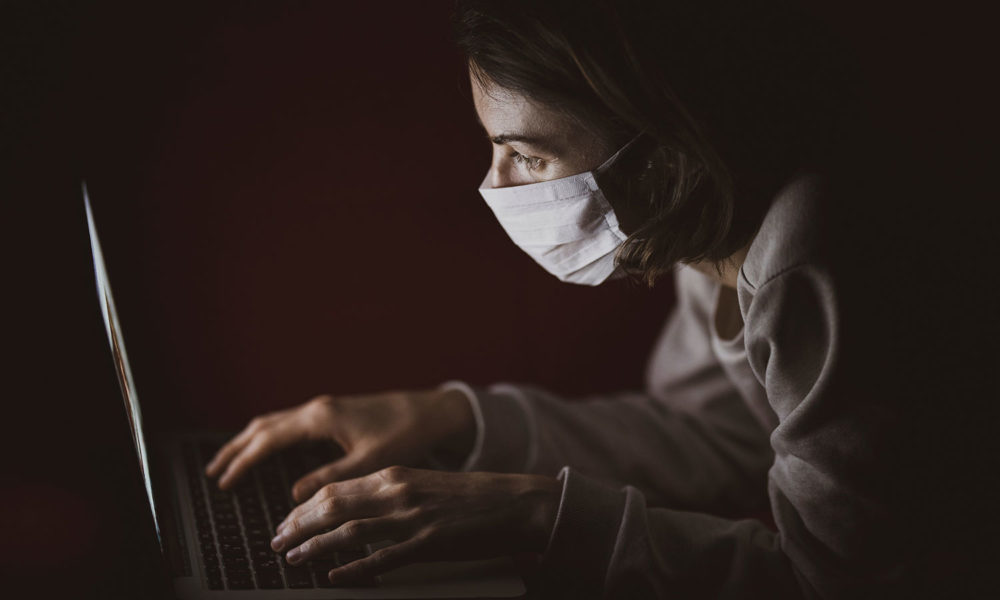The White House this week ordered the Centers for Disease Control and Prevention (CDC) to stop collecting data on COVID-19 illness, hospitalizations, and deaths. Instead the administration will collect and filter the data through a third-party contractor hired under questionable circumstances by the Department of Health and Human Services (HHS). Incredibly, as part of this change the data may no longer be available to the public in a timely manner.
This move further sabotages the ability of the United States to slow the spread of COVID-19, prevent avoidable deaths, and make evidence-based decisions that best protect public health.
The president has indicated multiple times his desire to curtail testing and hide or manipulate the data to downplay the seriousness of this pandemic and bully states and localities into doing what he wants. Indeed, the Trump White House has a well-established track record of suppressing or manipulating data for political purposes on all kinds of issues, including and especially during the COVID-19 pandemic. “We ran the CDC,” wrote four former Republican and Democratic CDC directors last week. “No president ever politicized its science the way Trump has.”
Last week, the president didn’t like the CDC guidance to schools on how to provide safe in-person instruction. So he demanded that the CDC change it. In April, a CDC scientist who questioned the president’s false claims about a so-called miracle drug was fired. Experts such as Dr. Anthony Fauci have been prevented from speaking to the media and undermined by White House political communications flacks. Can we expect this latest move to be any different?
There is little justification for this change in COVID-19 data reporting other than politics. The CDC has always been the organization to collect data, research, and to suggest actions to combat disease, especially infectious diseases. The agency’s very first mission in 1946 was to tackle malaria. The CDC has 70 years of experience creating and maintaining disease surveillance systems.
Data collection processes need to be carried out by independent experts. It is very easy for biases to negatively influence how data are collected, analyzed, and cleaned up in a way that can manipulate the results. HHS staff will undoubtedly be under immense political pressure to utilize misguided methods or engage in full-on manipulation of the COVID-19 data in a way that scientists and the public may not be able to detect.
Further, a failure to make trustworthy data publicly available will hamper research efforts by scientists outside government since a lot of academic research on COVID-19 heavily relies on CDC datasets. It will slow down our ability to respond and make it more difficult to understand what kinds of protection measures are actually working. It will become more difficult to understand and address the disproportionate impact of COVID-19 illness and death on Black and Latinx people compared to white populations.
This abrupt change also puts more pressure on an already overtaxed medical system. Dramatically changing data reporting policies and processes for health care providers is challenging in the best of times, much less when health care workers and hospitals are already overstretched and struggling to respond to the pandemic. Doctors, nurses, and other health care workers need to be able to focus on caring for COVID-19 patients, not on learning new data reporting procedures that distract from patient care. Creating more confusion right now is almost certain to make an already barely manageable situation worse.
It is beyond despicable that, in addition to fighting COVID-19, we have to contend with Trump administration efforts to take away and politicize the tools we currently have. This reckless power grab will endanger people’s lives. It will make it more difficult for public health departments to keep people safe. It will prevent schools from safely reopening. It will force communities to make decisions without adequate evidence.
That’s why this move must be stopped. The White House needs to back off and allow the CDC to do its job. If they don’t, hospitals and public health institutions must find a way to do it for them even if that means finding new ways to safely and ethically report data publicly themselves so that we can all benefit from access to this important scientific information.
We need the best, most current information we can get—not the grotesque political maneuvers of an administration that seems content to tell communities that when it comes to the virus, they’re on their own.
Thank you to Anita Desikan and other UCS colleagues for helping to inform this post.

